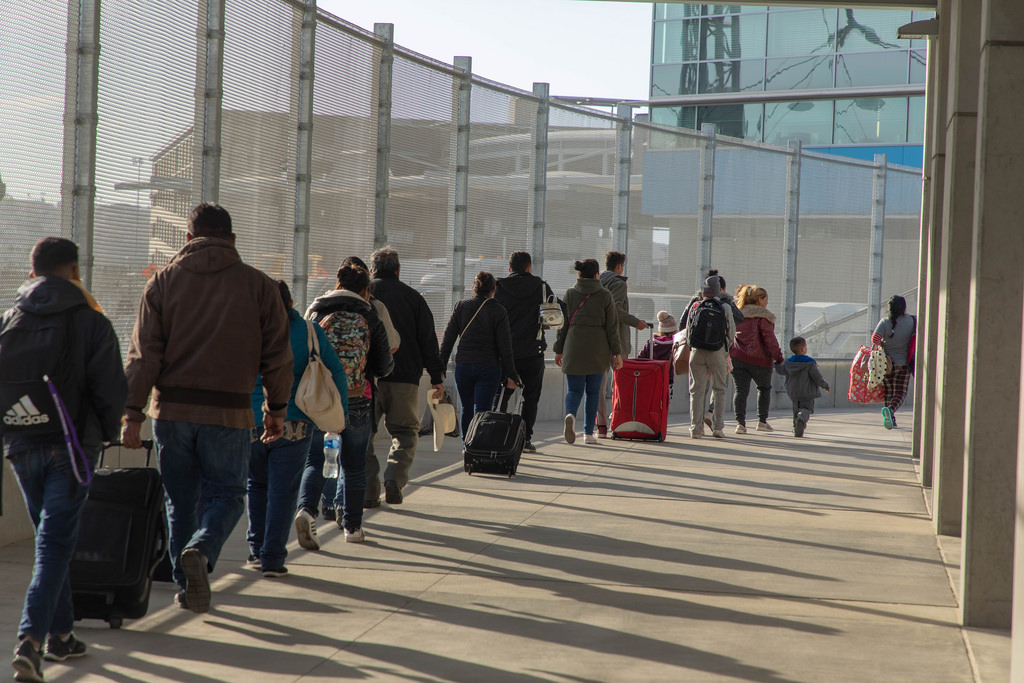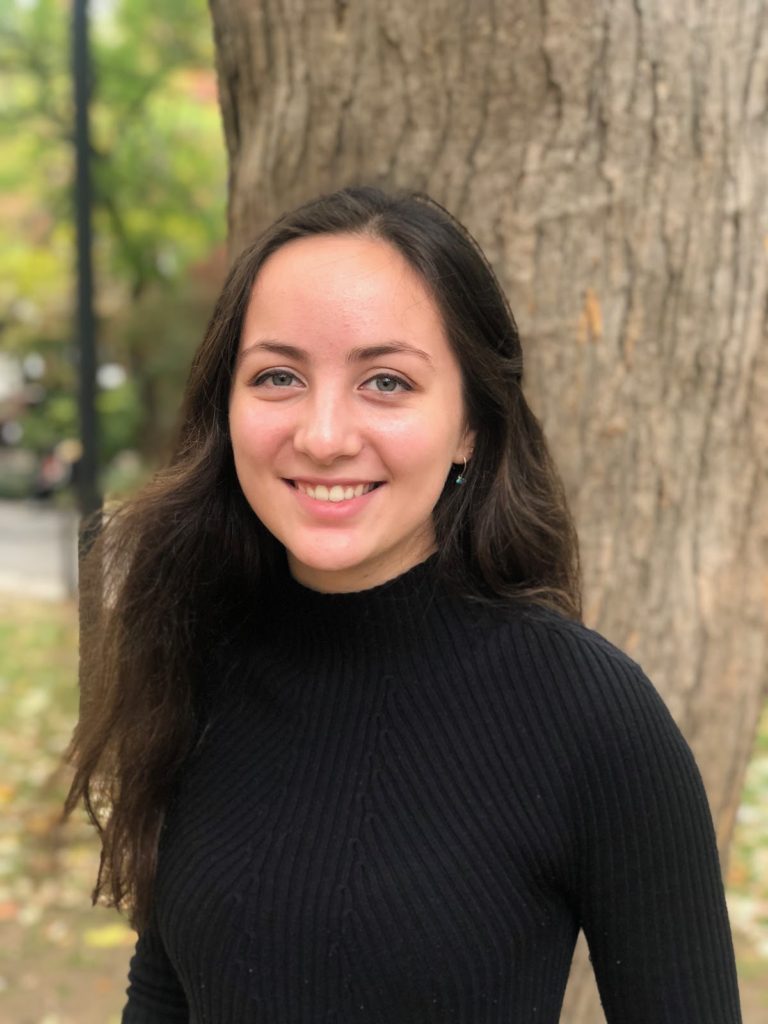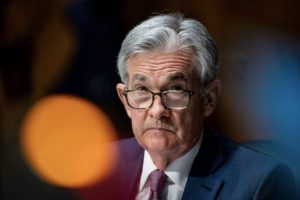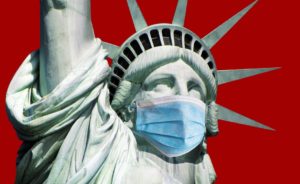
The caravan of migrants making their way from Latin America to the U.S. border has been painted to be full of criminals by the right and full of suffering families by the left. But why make this gruelling journey at all? The answer has more to do with the history of U.S. foreign policy than either party has acknowledged.
The U.S. has a reputation for ousting political leaders when their policies lean a little too closely to communist redistribution. When Salvador Allende was elected president of Chile in 1970, he introduced wage increases, land reform, and higher government spending. As a result of these leftist reforms, the U.S. organized a coup which replaced Allende with General Augusto Pinochet in 1973. This led to a 17-year-long military dictatorship in what was previously one of the most democratic countries in Latin America.
Had this coup (and many others) not taken place, democratically-elected leaders’ redistributive policies may have helped curb the high inequality which has plagued so much of Latin America. It also may have lessened the instability and weak state structures so common in the region. Presidents, constitutions, and laws change so quickly in much of Latin America that the public can barely keep up with the new rules. The U.S. has only ever had one constitution with 27 amendments made over the course of about 200 years. In Ecuador, there were 11 separate constitutions within the first 70 years of the country’s history. In Bolivia, there were 12 within the first 60 years. It was not uncommon for new presidents to completely scrap existing constitutions and rewrite them to align with their own party’s political interests.
Many Americans fear caravan migrants are smuggling drugs or have connections to cartels. In reality, many of those fleeing their homes are doing so to avoid being forced to join such gangs. In fact, AP News reports: “Teen boys are often pressured to join gangs and threatened with death if they don’t, while teen girls are often pressured to become gang members’ ‘girlfriends,’ and face rape or murder if they refuse.”
The American ‘War on Drugs’ failed to end the cycle of corruption and poverty which leads to the success of drug cartels for one central reason: the unending American demand for illegal drugs. As long as the supply and demand are present, a black market will always find its way into the equation.
President Trump’s denial of climate change and decision to pull out of the Paris Agreement have increased the incentive for people in countries such as Honduras to join the caravan. The Honduran economy is dominated by farming, and changes in temperature and rainfall can be detrimental to the production of coffee and maize, which are Honduras’s main export crop and general sustenance crop respectively. Rising temperatures and unpredictable weather caused by climate change have intensified food insecurity in Honduras and forced many farmers and their families to flee the country due to hunger. The World Bank estimates that by the year 2050 there could be up to 3.9 million climate refugees from Mexico and Central America alone.
The U.S. is entering an age of isolationism boosted by “America First” rhetoric and fear-mongering, yet the country remains a symbol of refuge. The U.S. cannot stand aside and claim to have no place helping refugees when its history – and power status – are so intertwined with the fates of the very countries people are fleeing from. America is not responsible for all poverty in Latin America, but it cannot be denied that its decisions have consequences – consequences that are knocking on its door in the form of thousands of refugees.
Alina Patrick

Alina Patrick, a contributing writer at “In the Zeitgeist,” is a second-year student at NYU who is double majoring in Politics and Photography and Imaging. She is originally from Summit, New Jersey, spent her freshman year in Washington D.C. at George Washington University before transferring to NYU, and plans to study abroad in Prague,



